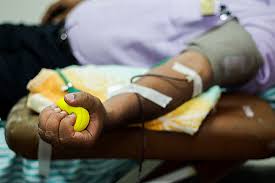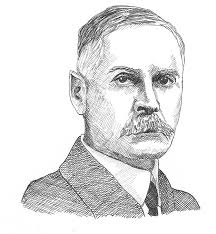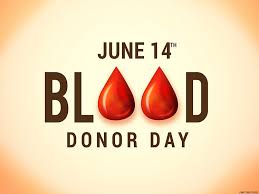Today, June 14th, is World Blood Donor Day!
It’s that special occasion where we celebrate those brave souls who willingly part ways with their precious life juice for the greater good.
World Blood Donor Day was first established in 2004 by the World Health Organization (WHO).
The date, June 14th, commemorates the birthday of Karl Landsteiner. He was the Austrian immunologist who discovered the ABO blood group system, making blood transfusions safer and more effective. Before this, transfusions were a bit of a Russian roulette game. Thanks to Landsteiner, we now know why you can’t just mix and match blood types!
World Blood Donor Day is a day to raise awareness about the need for safe blood and to thank those who give it freely.
Vampires and Mosquitoes
Why do we do it? Well, turns out, blood isn’t just for vampires and mosquitoes. Hospitals need it for surgeries, emergencies, and treatments for various illnesses. Without generous donors, our hospitals would be in a bloodless panic. It’s basically life insurance you can’t buy.
Every Two Seconds
Every two seconds, someone in the world needs blood. Yet, many countries, including India, face a severe shortage. The importance of blood donation can’t be overstated. It’s like having a secret superpower that allows you to save up to three lives with just one donation. Plus, it’s a great way to find out your blood type if you’re still in the dark about whether you’re an A, B, AB, or the oh-so-special O.
Speaking of India, did you know there are over 12 million blood donations made in the country every year? That’s enough blood to fill more than a few swimming pools, though I wouldn’t recommend taking a dip. Plus, India has one of the largest networks of blood banks, ensuring that even in the most remote corners, someone’s got your back with a pint or two.
Eye Opening Facts
India, with its vast population, has a tremendous demand for blood. Here are a few simple facts
- Demand and Supply: India needs about 12 million units of blood annually but collects only around 9-10 million units. That’s a shortfall of about 2-3 million units each year.
- Voluntary Donations: Approximately 79% of blood donations in India are voluntary. The rest are family or replacement donations, where relatives donate blood to replace what a patient uses.
- Young Donors: A large portion of donors in India are young people, particularly in the 18-30 age group. It seems saving lives is the new cool!
- Blood Banks: India has around 3,500 licensed blood banks. However, there’s still a need for better facilities and more frequent donations to keep them well-stocked.
- Awareness Campaigns: Civil society groups, College students, and NGOs have played a role in promoting blood donation. Movies and celebrities, popular singers, often campaign for this cause, bringing a touch of glamour to the act of giving blood.
World Blood Donor Day is a reminder of the power we all have to save lives. Whether you’re in India or anywhere else in the world, your donation can make a huge difference. So next time you see a blood donation drive, don’t just walk by. Roll up your sleeve, sit back, and enjoy the feeling of being a real-life hero.
What Heroes Do
In Bihar, St. Xavier’s College of Management and Technology, Patna is one of the leading institutions with a strong and generous student body of volunteers, who donate several hundred units of blood every year.
Every year, members of the Danapur and Patna branches of the All Indian Anglo Indian Association ritually donate blood.
All over India, the Red Cross Society facilitates blood donation. The Red Cross Society in India plays a vital role in promoting blood donation and saving lives. They organize numerous blood donation camps, encouraging people to donate blood regularly. This helps maintain a stable blood supply for emergencies, surgeries, and patients with chronic illnesses. The Red Cross ensures that the process is safe and hygienic, making it easy for donors to contribute. Their efforts support hospitals and patients and also raise awareness about the importance of voluntary blood donation.
In the words of an anonymous but wise person: “Donate blood, because giving a pint is a small act of kindness that can mean a lifetime to someone else.”
So, whether you’ve donated enough blood to fill a small pond or you’re considering making your first heroic pint, remember this: blood donation isn’t just about saving lives; it’s about spreading love and making a difference, one drop at a time.
Happy World Blood Donor Day to all the amazing donors reading this – you’re the real MVPs of the circulatory system!




